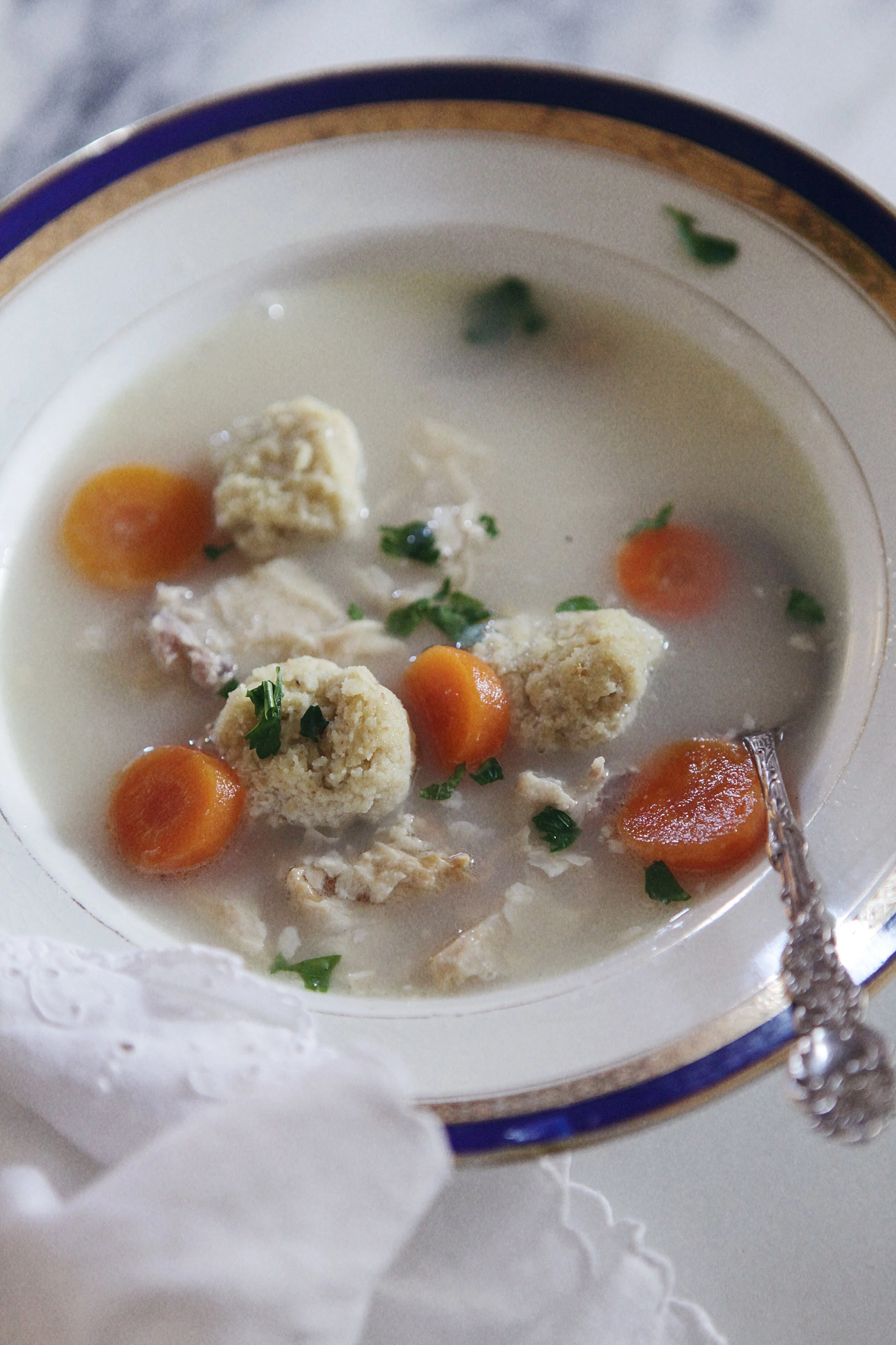A Guide for Voters & Non-Voters: Midterms and Beyond
Today is Midterm Elections in the United States. The ability to vote is still a privilege in this country. Despite the celebratory achievements stemming from the Women’s Suffrage & Civil Rights Movements, many who contribute to this nation, such as through taxes or civic engagement, continue to face barriers in full political participation.
And it’s not just people under 18; undocumented people, certain legal yet noncitizen immigrants, people who have been convicted of felonies in certain states.
This inability to participate not only bars civic engagement but also the identity of these groups, creating a paradigm of being seen as less-than participants.
Here is our guide to empower all in the election process & make each voice heard year-round
You Can Still Make an Impact Today
If you cannot vote, offer to help others by giving them a ride to their polling place or offer babysitting so those who can vote can easily go to vote.
If you aren’t registered, there are states that allow for same-day registration & voting. See our stories for more information on this.
If you’re registered to vote, congratulations & thank you! Here’s your day-of guide to voting!
2. “Caring for myself is not self-indulgence, it is self-preservation, and that is an act of political warfare” — Audre Lorde
Activism requires a delicate balance of community service and self-care, neither being in the self-congratulatory way in the current age of social media. Getting our hands dirty (or rather, clean) for in service often looks like canvassing outside in extreme temperatures; being yelled at by opposers in person or on the phone; editing or copywriting releases; and reading breaking news and statistics, just to name a few. These are not glamorous tasks but rather ones that require selfless dedication. This selflessness for the sake of the betterment of society is precisely what activist Audre Lorde defined as “self-care.” Activism is necessary and also tiring work, physically and mentally, as many activists are attacked for their position. Take the time to take care of yourself, which can be as simple as making sure you’re drinking enough water amidst the quickly-passing hours crammed in a deadline.
3. Re-define Activism
Perhaps you response to the above-mentioned reference to activism was that you don’t have time to dedicate yourself to it. Whether you’re a student under 18-years-old or busy as an immigrant working overtime, this is an understandable dilemma in the face of the stereotypical view of activism. Yet, it doesn’t have to be so and there are many ways to be involved without even stepping foot outside of your home. On the point of immigrants, this is a crucial redefinition as it’s especially dangerous to be in public political spaces as an undocumented individual. Search for grassroots organisations, such as Democratic Socialists of America (DSA), to be involved in their efforts.
Most importantly, the inability to vote doesn’t disable people from calling their representatives to voice concerns. Other options that only take minutes include signing petitions on causes that you believe in. These are just a few ways to affect legislation and raise awareness of issues that help elect public officials that care.
4. Observe Your Role, Place, & Possible Privilege
Many of those who are under the legal voting age still have a significant amount of privilege, especially cis-, straight, male white, able-bodied individuals. Please consider how you can use your voice in such a position, whether it’s through the above-mentioned activist work or through volunteering to support local candidates.
5. Share Educational Resources on Social Media
All fo these efforts require proper education on the current issues, from the global to national to local. If you identify as the someone described above or a cis, white, straight man, please educate yourself in how to recognise your privilege. Follow knowledgeable educators who are minorities, such as those in the LGBTQA+ community, Trans individuals, and POC, especially black womxn. We highlighted some of the accounts we most admire in a recent Instagram post, which you can see here.



